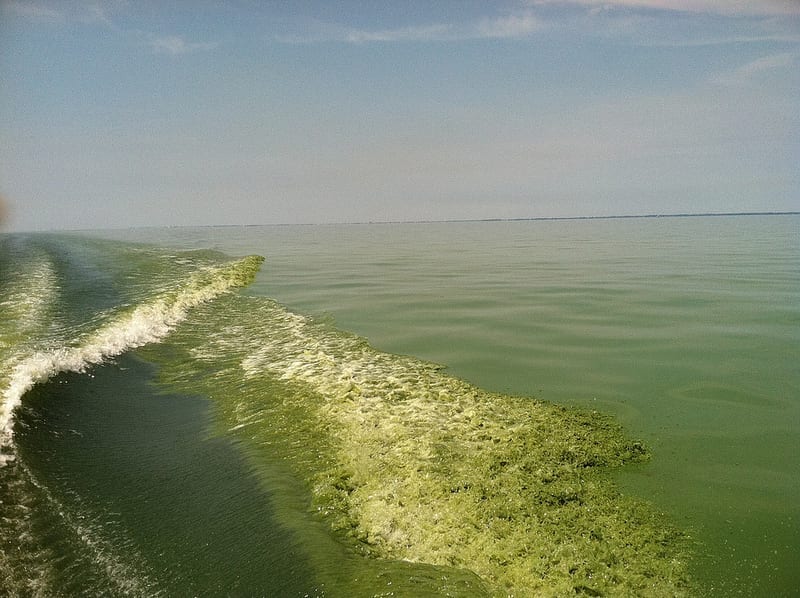Whether you’re thirsty in Capetown or Flint, living near the Mississippi, or simply depend upon a habitable climate on Earth, this water news affects you.
Water is on the minds of people around the world. Is it clean? Is there enough of it? What’s in it? In this roundup of water news, we’ll look at places near and far, crises both ongoing and averted, and how the biggest problem of all could leave everyone in hot water.
If you’re not familiar with Flint’s water news, you may have been under a rock for the last four years. Michigan governor Rick Snyder recently announced that Flint’s water was now clean enough for state-sponsored water delivery to come to an end, a decision upheld by U.S. district judge Judith Levy. However, is the water safe? Just last month, the number of Flint elementary school water test sites showing greater than the federal action limit of 15 parts per billion went up from 20 to 28. Many residents won’t trust the water until all the lead water lines are fixed, a job which will continue for years. Meanwhile, volunteers, such as militia members throughout the state, have pledged to keep bringing as much bottled water to Flint residents as they can.
Flint isn’t the only Midwestern city with water woes. Ohio is looking at $12.2 billion in needed statewide infrastructure repairs in the coming two decades, while the lead content in water channeled through Chicago’s once-mandatory lead water lines is ratcheting up. In both cases, funding is the problem. Rust belt cities aren’t the thriving up-and-coming economies they once were, but that doesn’t mean the burden of maintaining infrastructure goes away. Perhaps they’ll try to foist it off onto private citizens directly.
While the Midwest is worried about lead, citizens of Capetown, South Africa are worried about having any water at all. When Saya Pierce-Jones caught wind of a looming disaster – Capetown was running out of water – she made it her priority to mix water news into her radio station’s programming. The city’s water reservoir was only 40% full, the rains weren’t going to arrive in time, and Capetown faced a countdown to Day Zero, when the city would run out completely. Through her tireless reporting and advocacy, the citizens of Capetown managed to reduce their water use to half of what they used three years ago. It’s only a temporary reprieve, though, as drought, mismanagement, and a warming climate are affecting water use worldwide.
Our lakes and waterways are under increasing stress as well. Big Ag is filling the Great Lakes with extra phosphorous, feeding the giant algae blob that takes over western Lake Erie every summer. (Last year the algae bloom covered 700 square miles.) The mess endangers drinking water and wildlife, and emits methane which drives climate change. Then, the warmer climate creates a feedback loop that encourages greater algal growth. Climatic factors and over-engineering are also affecting the Mississippi river, which has flooded more often (and more disastrously) in the last 150 years when compared to the previous 500. Global cycles like El Niño affect how much precipitation feeds the Mississippi: it’s all connected.

The way that connection is slowing down is the biggest water news of all. The speed Atlantic meridional overturning circulation (AMOC) is at a record low, having declined 15% since the mid-20th century and is the weakest it’s been in 1600 years. The Gulf Stream is part of the grand global cycle that circulates warm tropical water to the northern latitudes (and cold water back to the equator) while providing western Europe with a temperate climate and New England with a cod harvest. Like the Mississippi’s flooding problems, the slowdown of the AMOC has been going on for about 150 years and is related to climate change and the spread of industrialization. The biggest fear is that the situation will reach a tipping point and come to a complete stop, something which has happened before (most recently about 13,000 years ago) and which would dramatically alter global weather patterns.
The water cycle connects every region, whether we’re worried about tap water, lake and river water, or the ocean currents that keep our climate stable and livable. The world will be watching water news with great trepidation in the coming years, because our lives depend on it.
Related: Water Contamination: Not Just in Flint


Join the conversation!